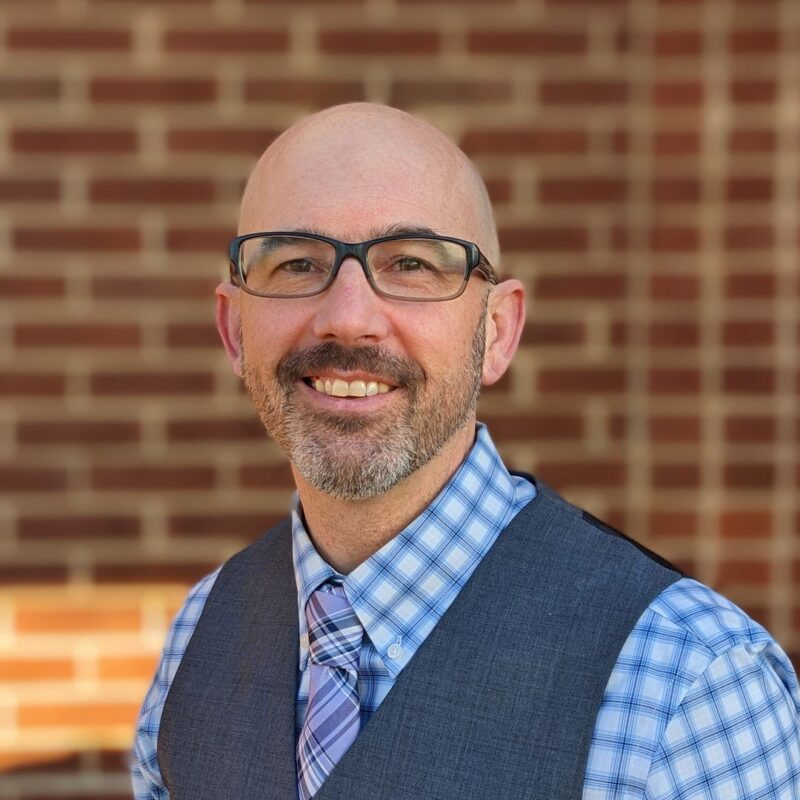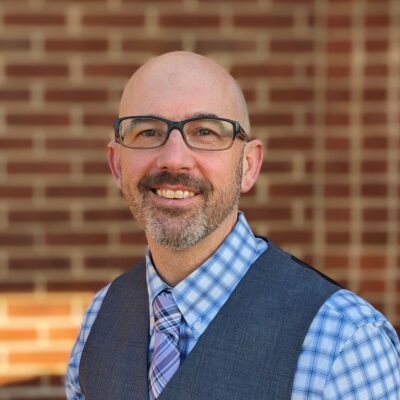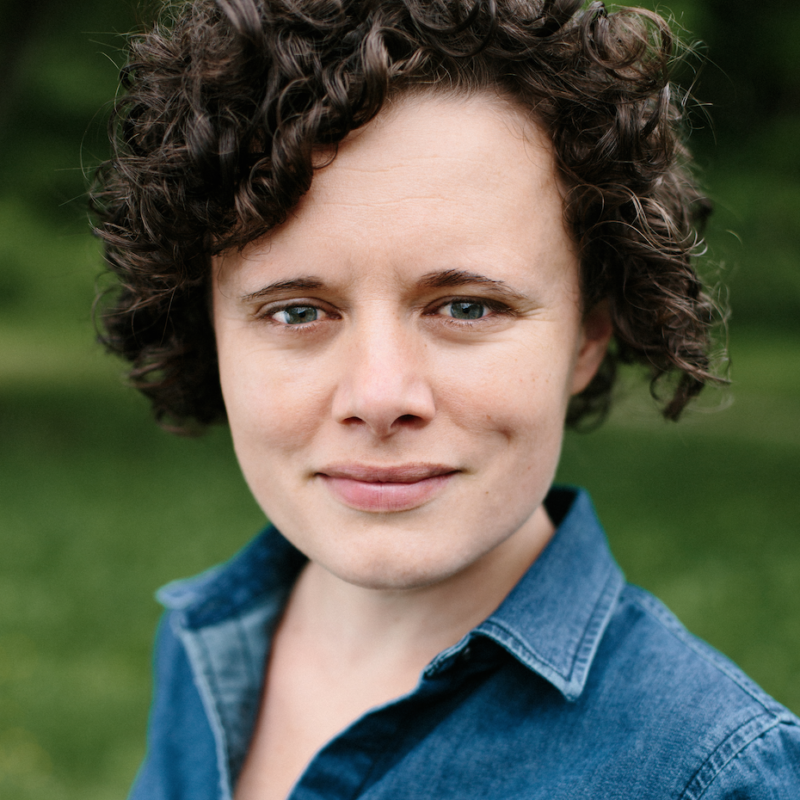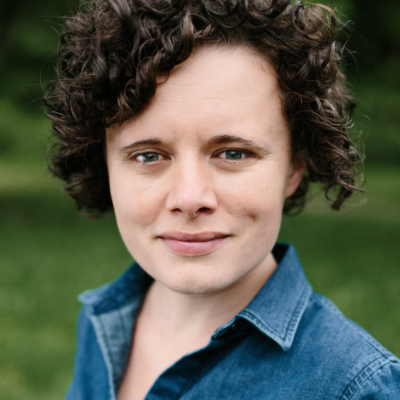Of those presenting to the Virginia Tech Incident Review Panel at Darden School of Business on July 18, none topped Russ Federman, director of UVA’s Center for Counseling and Psychological Services (CAPS), whose candor garnered the full attention of the panelists and audience.
 Russ Federman, director of UVA’s Center for Counseling and Psychological Services, told the panel that he will breach patient confidentiality when he thinks the individual or community may be at risk. |
Though Federman’s opening statement cautioned everyone not to draw too much from the Virginia Tech shooting, he offered UVA’s mental health system as a strong example: "My hunch is that if Mr. Cho had been involuntarily hospitalized at UVA, CAPS staff would have become involved with him much earlier during the unfolding sequence of events."
Federman presented statistics to suggest that the University’s system appears to be working. Its annual suicide rate stands at only 0.4 percent—about one third of that expected for a school UVA’s size. Last year, CAPS had contact with about 9 percent of UVA students.
But the panel is looking at how to regulate mental health. And several panelists wondered aloud whether privacy laws keep parents—and police—from getting enough info. Administrators could in-voluntarily commit Cho because he was considered an "imminent danger" to himself or others (he never reported to his court-ordered outpatient treatment). Yet often it’s more effective to treat a student before he reaches that crisis—and during those times, a student has to volunteer to let his parents be notified.
Federman made a shocking revelation about how he handles some tricky situations: "I as an administrator…[am] faced with potential liability around two issues: One is a breach of confidentiality, the other is not taking sufficient action to protect the welfare of the University community or the welfare of the individual. Now I know clearly which of those two I would rather try to defend in court, so there are times when I do breach confidentiality, when I do contact parents, when I do contact deans or vice presidents. I do so knowing full well that I potentially face liability."
Yet Federman acknowledged also that there are times where contacting parents isn’t helpful, and he adamantly defended patient confidentiality. "We’re asking individuals to talk about that which is the most vulnerable, the most frightening and at times the most difficult for them to expose to others. They really need to know that will be held in confidence."
In essence, Federman spoke for a UVA system that recognizes a shade of gray and works largely because of access and communication between professionals. "I am cautious about standards that require actions," said Federman. "Because each case must be judged on its own merits, and each case is quite complex."
C-VILLE welcomes news tips from readers. Send them to news@c-ville.com.





